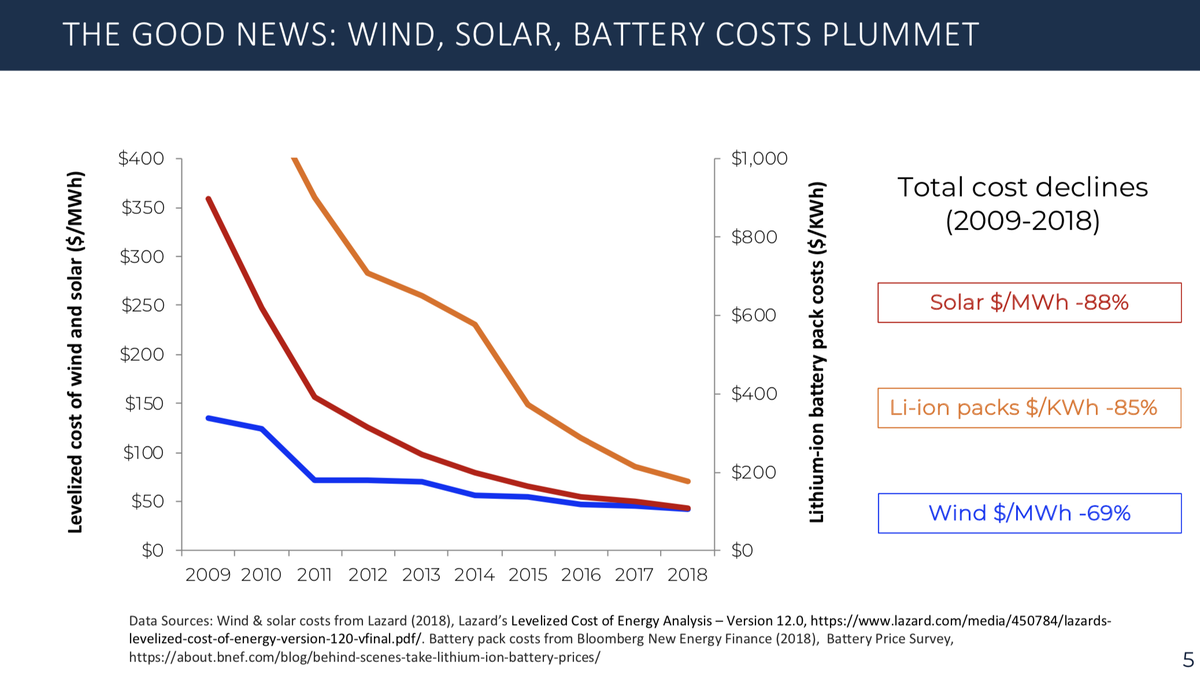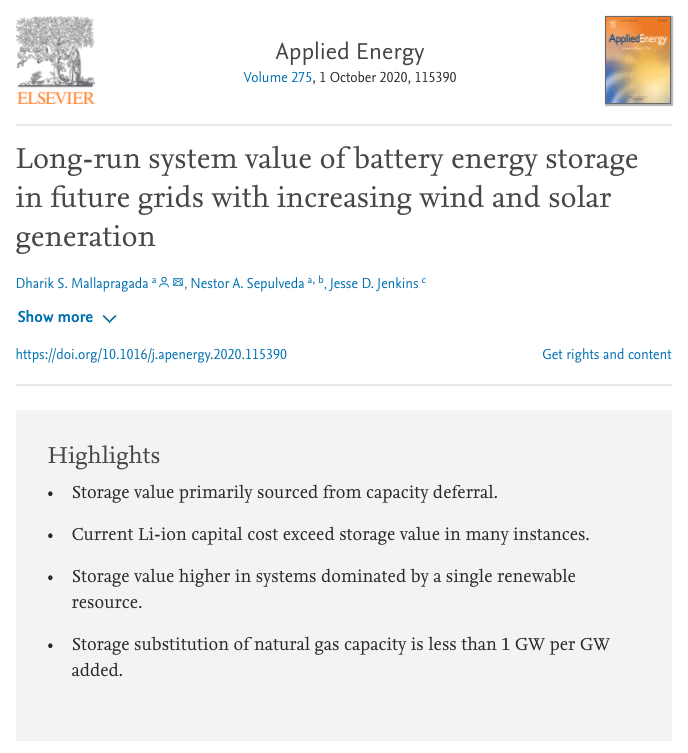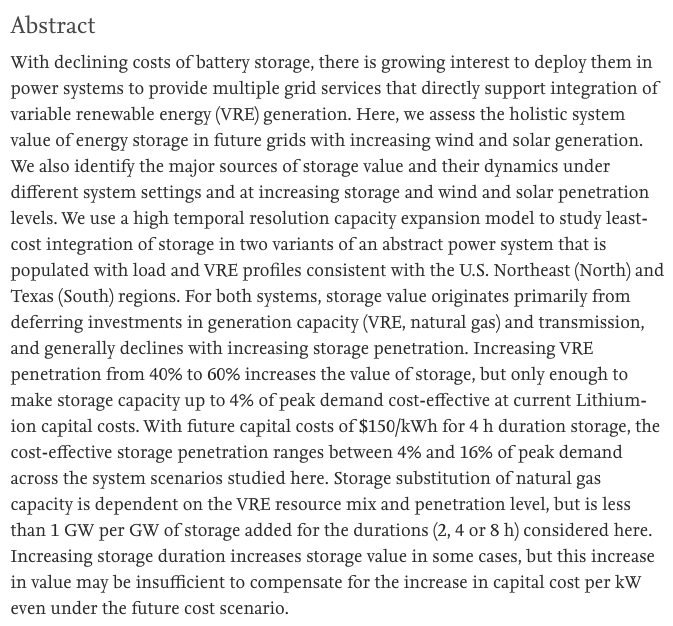
.@CountyVentura, CA is considering a ban on #naturalgas hookups for new residential developments. Basically = new homes will be all electric.
In public comments opposing the move, @SoCalGas misleadingly cites my research on electricity decarbonization 🧵 drive.google.com/file/d/1LcXHO3…
In public comments opposing the move, @SoCalGas misleadingly cites my research on electricity decarbonization 🧵 drive.google.com/file/d/1LcXHO3…
My work on electricity decarbonization has demonstrated the importance of what I call "firm" low-carbon electricity generation technologies to enabling an affordable and reliable 100% carbon-free electricity system. See doi.org/10.1016/j.joul… & seminar
This work demonstrates that, under certain conditions, natural gas power plants w/CCS or burning hydrogen (possibly derived from methane reforming w/CCS) *could* play a firm low-carbon role in this 100% carbon-free electricity mix. THIS HAS NOTHING TO DO WITH GAS APPLIANCES.
The reason I focus my work on affordable & reliable paths to decarbonize electricity is that all efforts to build a net-zero emissions economy depend centrally on EXPANDING electricity use to REDUCE natural gas use for building heating & oil for vehicles:
In other words, my work is focused on paths that enable displacement of natural gas use for home heating and other applications as a key part of necessary efforts to build a carbon-neutral or net zero emissions economy. Exactly the kind of thing @CountyVentura is considering.
@SoCalGas cites my work in a misleading way to argue against the gas hookup ban. They seem to be trying to confuse @CountyVentura into thinking that because we can't immediately shut off existing gas power plants, they cant require new homes to be all electric. This is specious!!
My research is motivated by a desire to inform stakeholders and policy makers about effective paths to a net zero emissions economy. It therefore makes me very unhappy to see my work cited to confuse and likely mislead policy makers. So @SoCalGas: knock it off!
And @CountyVentura: please know that I do not endorse SoCal Gas's comments nor does my research argue against a transition to electric heating and cooking in residential buildings. Quite the opposite. If you have claryfing questions, please let me know.
Hat tip to @EarthJustice's @sara_gersen for alerting me to these public comments.
• • •
Missing some Tweet in this thread? You can try to
force a refresh





